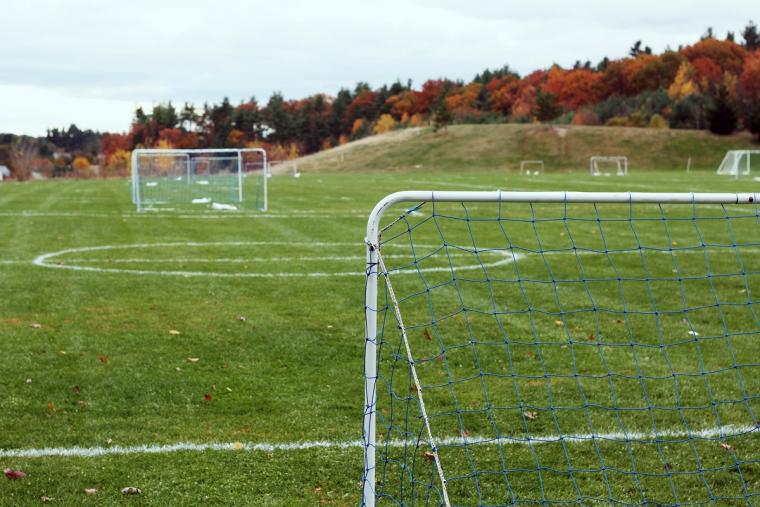
Photo © Stelya | Dreamstime.com
An unseasonably early spike in cases of respiratory syncytial virus (RSV), particularly among young children, is concerning pediatricians. Travel sports are hitting their stride, and this is the last thing event owners want – even when facing a common childhood illness (which RSV is).
According to NBC News, pediatricians and children's hospitals were prepared for a bad flu season. They were not, however, ready for a multitude of viruses to come all at once and earlier than expected.
"There is no one virus that's causing pediatric respiratory viruses this fall," said Dr. Deanna Behrens, a pediatric critical care physician at Advocate Children's Hospital in suburban Chicago. "Unfortunately, it's all of them."
And the symptoms don’t help. Those with RSV might have cold symptoms, such as a stuffy or runny nose, sore throat, mild headache, cough, fever, loss of appetite and lethargy. Adults who have mild symptoms, and even kids who do, may not realize they have really been infected. The high-risk group for this is very young children (babies and toddlers) and older adults – as well as anyone of any age whose health is compromised by preexisting conditions, such as heart or lung issues or immune deficiencies.
While RSV is inundating many children's hospitals, the number of pediatric flu cases is also increasing. “We've seen numbers doubling on a weekly basis,” Dr. Sarah Combs, an emergency medicine physician at Children's National in Washington, D.C., told NBC reporters.
To make matters worse, CNN points out, RSV is highly contagious – and here’s a double whammy. There is no specific treatment (unless children require hospitalization) and no vaccine. The symptoms usually last a week or two and clear up with plenty of fluids and rest.
But while there isn’t a vaccine for RSV, there is a vaccine for the flu – and doctors are strongly in favor of it, since it can keep children from becoming infected and lowering their resistance to problems like RSV. The Centers for Disease Control and Prevention (CDC) recommends a yearly flu shot for all children 6 months and older in the United States — ideally by the end of October. This year, the CDC is recommending the flu shot or the nasal spray flu vaccine.

Oh – and if kids are sick, pediatricians say, they most assuredly should not be participating in sports. Dr. Mallory Davis, an infection preventionist at Helen DeVos Children’s Hospital in Grand Rapids, Michigan, told CNN reporters that isolation is the key to preventing the spread of the virus.
When kids or grownups are sick, they need to do one thing and one thing only, she said: “Stay home when you are sick so you won’t spread whatever respiratory illness you have.”
That might be a bitter pill for athletes to swallow if they have been looking forward to a tournament – and for parents, it could represent a loss on registration fees. So that means the best thing to do is prevent becoming infected in the first place.
Davis says the old tried-and-true tricks still apply Teach kids to cough and sneeze into a tissue or into their elbows rather than their hands. Event owners can also take precautions by stocking tissues (and encouraging their use) and trying to keep frequently touched surfaces clean. Hand sanitizer is also worth stocking up on.
And, notes NBC News, infections are hitting earlier than usual. Even though the flu typically peaks between December and February, cases are rising steadily, especially in the Southeast – the epicenter of many youth tournaments.
“There’s definitely a push now to get flu vaccination to the top of people’s priority lists. We’re all concerned, having seen what’s going on in the Southern Hemisphere, in Australia, that this year’s flu season could be really, really rough, frankly,” Adriane Casalotti, chief of government and public affairs for the National Association of County and City Health Officials, told CNN Health reporters.

